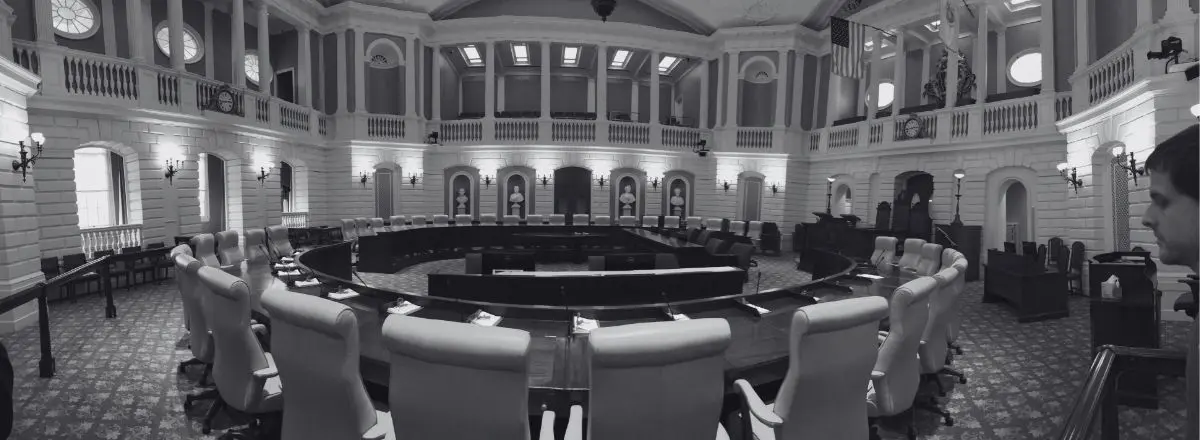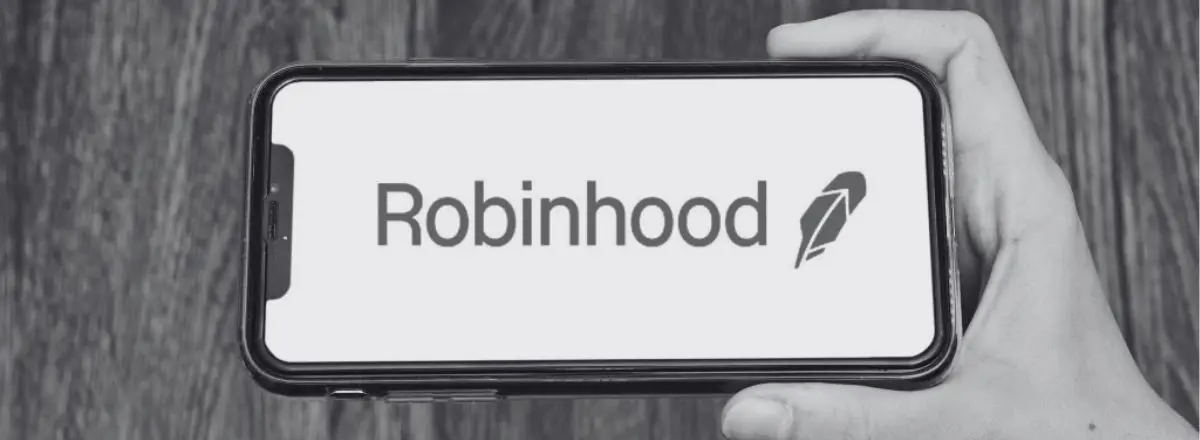As the Bay State looks to join the mounting number of places attempting to combat problem gambling, Massachusetts sports betting officials are expected to consider joining a voluntary self-exclusion program.
These initiatives are pretty standard on a state-by-state basis. Plenty of casinos and states with legal sports betting have voluntary lists to which prospective gamblers can add themselves. And by putting their names in the program, they effectively ban themselves from casinos, sportsbooks and mobile sports betting applications.
In this case, though, the Massachusetts Gaming Commission (MGC) is looking at the possibility of forming a self-exclusion program that would span across the region and, potentially, the entire United States.
If this initiative proves successful, it would mark a crucial moment for sports betting in Massachusetts. Like other states with casinos and legal sports betting, the Bay State is grappling with an uptick in problem gambling cases since expanding their offerings—mainly to include retail sportsbooks as well as top online sportsbooks in the USA. Of course, ambitious programs like this one are always subject to push-back and logistical hurdles. Will this measure fall into the bucket? Will it be successful? What exactly happens if it does?
It’s time to pore over all the pertinent details.
One Massachusetts Sports Betting Official is Pushing for Massive Change
Executive director of research for the Massachusetts Gaming Commission, Mark Vander Linden, is the person primarily responsible for driving this initiative. Speaking with MassLive, he explained why he’s pushing so hard for a self-exclusion list that only encompasses the Bay State, but the entire region or country (via PlayMA.com’s TJ McBride):
“I had a young man in his twenties that told me he had been driving around the last two days all along the East coast doing exclusions everywhere. His last stop before returning was to New York. He had gone everywhere from Maryland, up through Atlantic City, into Connecticut and Rhode Island and back to Massachusetts. This is just an example of how if someone wants to take action to prohibit themselves from gaming in casinos, the sort of crazy efforts they need to do in order to have protections from these things. It is not an easy process, and it is especially difficult for people in early recovery.”
Examples like this one certainly resonate. And to be honest, they seem oft-forgotten. More effective gambling regulation is so often boiled down to exclusion lists in singular states. Really, there is much more at play.
That includes the state of gambling advertisements. The frequency and scale at which they appear is starting to draw the ire of officials and entire reasons. Officials tasked with regulating online sportsbooks in Ohio have already explored weights to restrict the promotional space available to gambling operators. Other states are expected to follow suit.
This should bode well for this effort in the Bay State. Massachusetts sports betting officials are among those who have devoted the most focus to more effective regulatory practices. It’s hard to see the consensus deviating away from Vander Linden.
How Would a Multi-State Self-Exclusion Program Work?
None of this is to say the self-exclusion program will be without hurdles. It could face opposition outside Massachusetts.
Beyond that, the logistics of this endeavor could prove complicated. It isn’t simply a matter of getting other states to join the cause. Everyone involved must figure out how it’ll work. And to that end, Vander Linden already has an idea of how to put his theory into practice (via PlayMA):
“There really is not an example in Massachusetts or New England or within the country that allows VSE reciprocity between states. So, an individual that enrolls in the voluntary self-exclusion program in Massachusetts is not extended to a statewide voluntary self-exclusion in Rhode Island or Connecticut or New York. That just is not possible as it is governed by our regulation as well as the regulations in the states I just mentioned.
“ID Pair, a company based in the US, has proposed a model for a national voluntary self-exclusion program that offers individuals an opportunity to enroll in voluntary self-exclusion and have it apply across multiple states and gambling products in one online form.”
Establishing a multi-state, or even nationwide, self-exclusion program would be a game-changer. If nothing else, it is an opportunity for officials and regulators to show they’re serious about addressing the downsides that come with the launch of Massachusetts sports betting and gambling services throughout the rest of the country.
Will Vander Linden’s Proposal be Widely Accepted?
Now we get to the biggest potential roadblock: Will enough states outside Massachusetts be interested in this program to make it worthwhile?
Support among Massachusetts sports betting officials seems fairly widespread. So getting Vander Linden’s proposal to fly inside the Bay state shouldn’t be an issue. We also know for a fact that other states have—or at least claim to have—interest in helping problem gamblers. This program does just that.
But not every state may feel the same. It sounds a little crass. It’s also the truth.
Certain states or even online sportsbooks in the United States could argue that a national self-exclusion list would invite people who don’t necessarily need it to join the program because it’s so accessible. And, you know, let them.
From where we’re standing, the above sentiment rings hollow. (To be clear, we’re not saying it’s prevalent. We’re just saying it could exist.) It’s better for people to operate with too much caution rather than too little.
Indeed, legal sports betting in Massachusetts and the rest of the United States is here to stay. But that’s the point. And because it has intense staying power along with the influence that comes with it, regulators and industry stakeholders themselves should be obligated to operate with a level of self-awareness. Advocating for a national self-exclusion program is nothing if not a chance for states, companies and individuals to do just that.
Take a look at this list of the top online sportsbooks so you can find one that works for all of your sports betting needs:
-
EXCLUSIVE BONUS
 50% bonus up to $250Play Now
50% bonus up to $250Play NowT&C apply, 18+, Play responsibly
- EXCLUSIVE BONUS
 125% up to $1,250Play Now
125% up to $1,250Play NowT&C apply, 18+, Play responsibly
- EXCLUSIVE BONUS
 225% up to $3,625Play Now
225% up to $3,625Play NowT&C apply, 18+, Play responsibly
-
 50% bonus up to $250Play Now
50% bonus up to $250Play NowT&C apply, 18+, Play responsibly
-
 125% up to $2,500Play Now
125% up to $2,500Play NowT&C apply, 18+, Play responsibly












